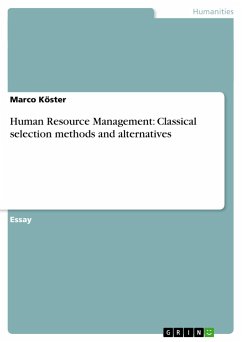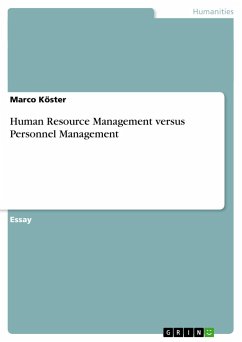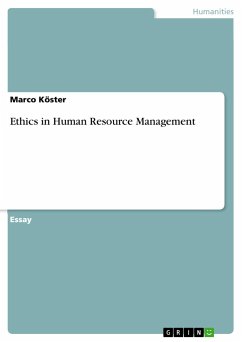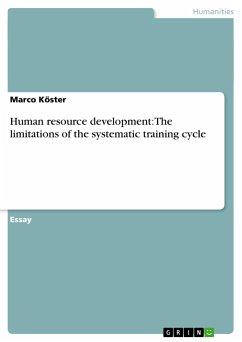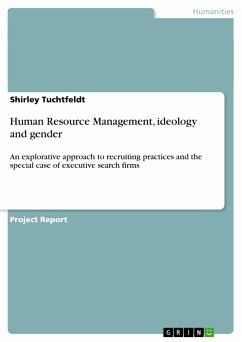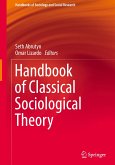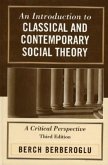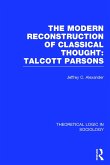Essay from the year 2002 in the subject Sociology - Work, Profession, Education, Organisation, grade: Grade A, University of Manchester (Institute for Development Policy and Management), language: English, abstract: Two simple facts force any organisation to carefully select the people it employs. Firstly, people differ widely in their abilities, knowledge, interests and personality. Secondly, the jobs provided by the organisation vary in their demands. Thus, choosing the 'right' person for a job becomes a crucial factor in ensuring an effective workforce and competitive advantages.The objective of selection processes is finding the most capable and suitable candidate, i.e., that candidate who is most likely to deliver the best performance on the job. To achieve this objective, a wide range of selection methods has been developed. But despite a variety of methods, many organisations, if not the majority of organisations, stick to the 'classic trio' of selection and rely on application forms, references and unstructured interviews only. Certainly, there is every reason to believe that there are some undeniable advantages in making the 'classic trio' attractive to many organisations. But at the same time, the 'classic trio' is criticised for a number of considerable shortcomings and a low efficiency compared to other selection methods. In the following the advantages and disadvantages of the 'classic trio' will be briefly sketched. The main criteria guiding the analysis will be reliability, validity, practicality, generality, fairness and costs of the selection methods. Afterwards some alternative selection methods will be reviewed, and their competitive advantages over the 'classic trio' will be outlined. We will analyse how job analysis data can help organisations to choose appropriate selection methods. Finally, a number of possible reasons for resistance to the implementation of alternative selection methods will be considered and an approach to overcome this resistance will be briefly sketched.

